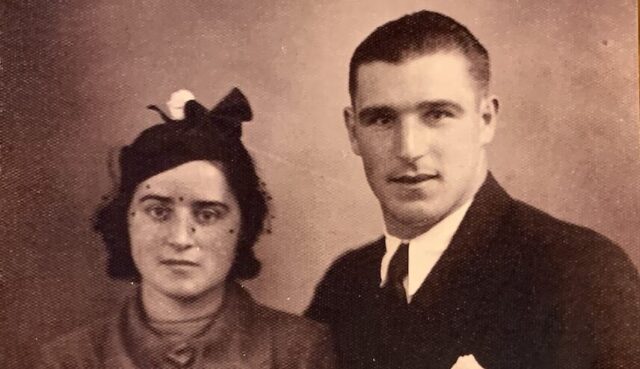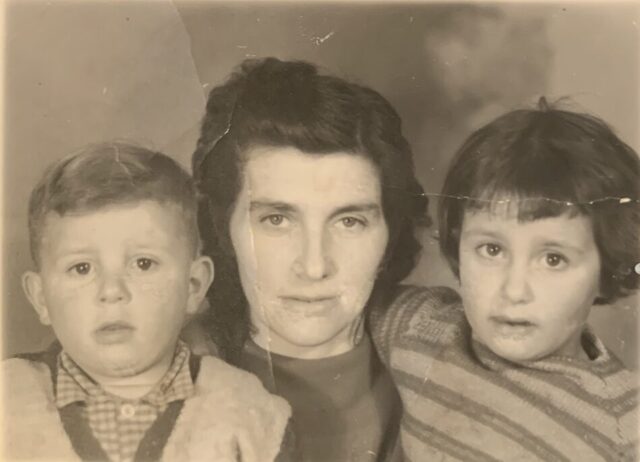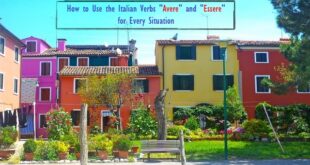
World War II reached from end to end of the Italian peninsula, leaving devastation in its wake. With the Allies’ aid and support through the Marshall Plan in 1946, structural reconstruction and governmental reform began. The monarchy was abolished by popular vote. Benito Mussolini’s death minimized the Fascist Party. America supported the democratic forces in Italy and worked to reduce the rising power of the Communist Party. Political and social dynamics began to stabilize. Italy became a democratic republic in 1946, and the people elected a president. By 1947, this new government ratified the constitution and promulgated it in 1948. As the 1950s approached and then throughout that decade, Italians saw an economic explosion that resulted in the rise of living standards. On the world stage, Italy joined the United Nations in 1955, (the year of our family’s immigration), which people saw as a reward for Italy’s strong progress toward normalizing its politics and implementing reforms.
Here then was the paradox for my parents: Why not stay in Italy?
I never received a complete answer to that question before my parents died. What I do know is that my father had always aspired to come to America. His sister, Oliva, married an American citizen and settled in Highwood, Illinois, in 1937. She sent letters back to Italy touting the multiple work opportunities, better government and freedom of speech. The Fascist Party was still in control when she left Italy. Specifically, she spoke to the choices and prospects that we could not access in the small farming town of Piandelagotti. Consistent in her correspondence was a constant drumming—a persistent call—to join her as soon as possible in America.
Besides my aunt’s siren-like calls to America, the reality of the 1950s Italian economic boom was quite disparate across Italy. Italians from the southern regions and Sicily still suffered to a greater degree than those in the northern regions. Many people from those poorer regions immigrated to New York City and the state of New Jersey, hoping for a better life. Though my parents lived in Emilia-Romagna, a northern region, my father was not a farmer, and my mother drew no income as the mother of two small children. If they had been farmers, perhaps they could have sustained living and working in Piandelagotti as others did, helped by government subsidies. But that wasn’t the case. My father was a carpenter with plenty of work available given the destruction from the war, but his clients had no money to pay for his labor. Therefore, my father extended credit or took food as barter—neither of which contributed to our family’s long-term needs.
The difficult decision to emigrate weighed on my parents for many months leading up to our departure in 1955. Of particular note during this time was new immigration legislation in the United States that made possible a permanent move to America. The McCarran-Walter Act, passed by the United States Congress in 1952, effectively allowed Oliva to send for her family. My father was the prime advocate for moving. My mother swallowed her heartbreak and agreed to go. She never spoke about her anguish with my sister or me until the last months of her life; years after we settled in America. She stayed present in what she needed to do, what she considered her duty. She provided our happy upbringing. Once in America, my father would need to set forth to fulfill the promises he had made to her.

 Fra Noi Embrace Your Inner Italian
Fra Noi Embrace Your Inner Italian






